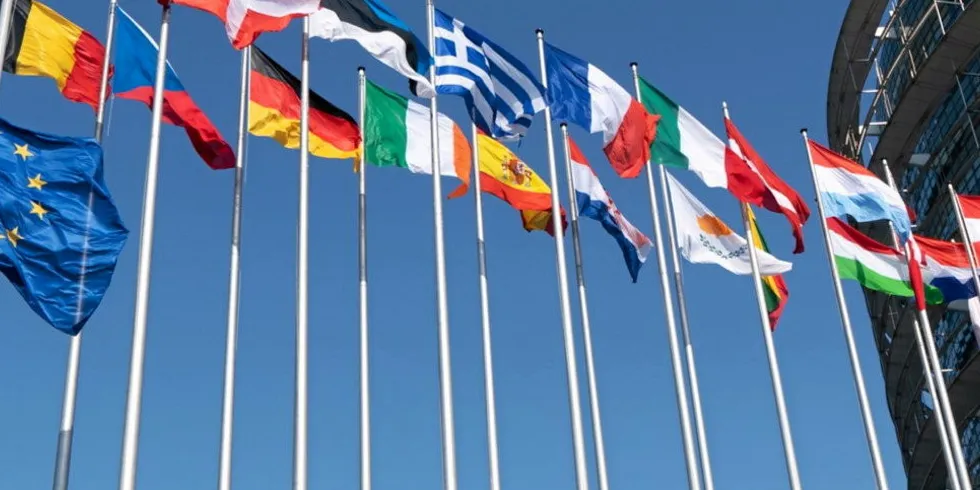Gas has 'no viable future' in Green Deal Europe, EU vice president warns industry
Frans Timmermans says bloc will not be helped by fossil fuel as a long-term bridge technology — it needs a lot more renewables to reach net zero

Frans Timmermans says bloc will not be helped by fossil fuel as a long-term bridge technology — it needs a lot more renewables to reach net zero
